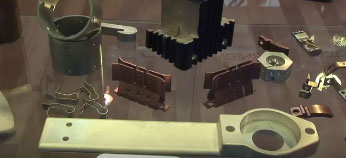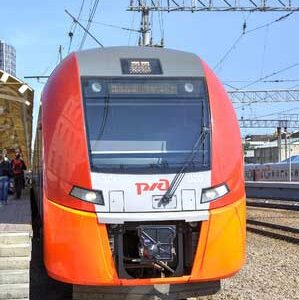Subcon 2016 is only a few weeks away now and with that in mind the organisers have asked some of their speakers their views and opinions on some key areas of manufacturing.
Not surprisingly, when asked about the biggest challenge facing the industry this year, 4 of the 7 said that they saw political and economic uncertainty as a major challenge in the coming months. The debate about staying or leaving the EU means that people are reconsidering longer term commitments and may even be delaying projects as they are unsure as to how they will be affected. Things will be clearer after the referendum in June, but there still may be longer term issues to consider depending on the outcome. It would be prudent for any business to consider the impact on them should the result be that the UK exits the EU. Of course it will take time for any exit policies and agreements to be put into place, but there’s likely to be some sort of immediate impact on existing contracts and projects. Should the vote be to stay in, then of course, things will settle back down, but it still may take a little time for that uncertainty to settle completely.











Recent Comments